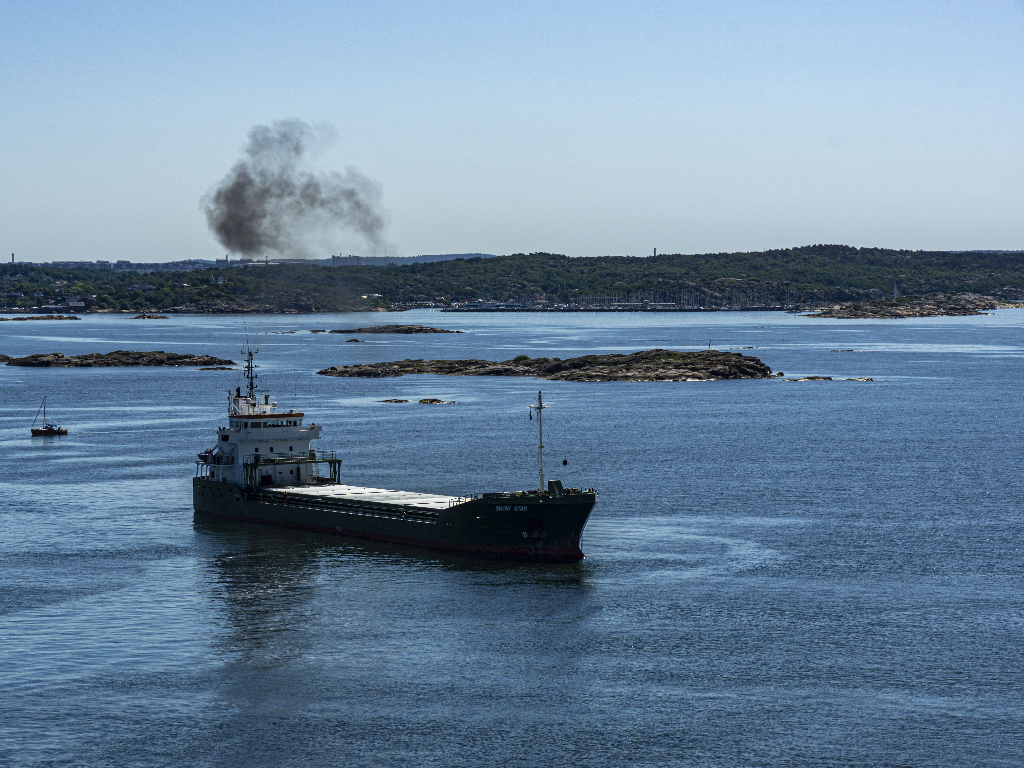The Shaping the Future of Shipping Summit in London convened the largest meeting of industry leaders since COP26 to address shipping’s decarbonisation agenda. CEOs and officials agreed to develop a public/private cross-sectoral platform to take forward the development of clean fuels for shipping and global transport.
Different parts of the value chain have valuable information which when brought together will help develop pathways and develop best practices to ensure the industry reaches net-zero carbon emissions by 2050. Delegates included representatives of energy companies, shipowners, ports, finance firms, and technology providers, as well as development finance institutions and energy ministers.
Attendees confronted critical decarbonisation issues facing the shipping and energy sectors and agreed on an actionable roadmap to tackle them. Convened by the International Chamber of Shipping (ICS), the summit outlined several urgent actions that would accelerate the industry’s transition to green fuels and technologies.
Also read: ICS: Shipping frustrated by IMO rejection of R&D Fund to catalyse decarbonisation
Clean Energy Marine Hubs
Attendees agreed to take forward a proposed “Clean Energy Marine Hubs Initiative” (CEMH) to coordinate and join decarbonisation efforts from ports, shipping companies, and energy firms. The ground-breaking initiative could be launched as soon as September, at the upcoming Clean Energy Ministerial of 29 energy ministers from leading governments.
The global Hubs platform will develop stronger cross-sector collaborations that link the energy sector with the maritime value chain, enabling policy makers and industry stakeholders to quickly unlock clean energy deployment.
‘COP26 acutely highlighted the key roadblock to decarbonisation in shipping was the future fuels conundrum,’ says Guy Platten, ICS’s secretary general. ‘Energy producers won’t invest without offtakers and shipowners don’t know where to invest if they can’t be sure of fuel supplies. What COP also showed is that there is too much stovepipe thinking. The solutions are going to be multi-sectoral and we need to have a much stronger collaboration with energy producers and the entire maritime value chain if we are to break the logjam. This summit has shown that there is real ambition to collaborate and develop practical solutions at an accelerated pace.’
He adds: ‘With stakeholders, across the fuel production and transportation value chain, we will now work together to remove bottlenecks and de-risk green investments, we can power shipping’s rapid transition through commercial scale up and wide-spread deployment of green fuels.’
Market-based measure needed
The pressing need for a market-based measure (MBM) to help decarbonise shipping via a carbon price on emissions was emphasised in discussions throughout the summit. In 2021, industry groups submitted a proposal to shipping’s UN regulatory body, the International Maritime Organization (IMO), to bring forward negotiations around a global MBM by several years.
Now, representatives of shipping’s value chain have doubled down on the urgent establishment of this measure, viewing it as key to reach the industry’s ambitious decarbonisation goals.
Also read: International Chamber of Shipping proposes global carbon levy for ships
Prioritising R&D
Attendees of the conference also agreed to rapidly prioritise R&D for innovating low and zero-carbon fuels and technologies. In the absence of an IMO led proposal to advance R&D, industry leaders committed to take forward unilateral approaches to advance this initiative and explore other forms of collaborative coalitions.
Shipping is estimated to require the entirety of the world’s renewable energy production capacity just to provide the amount of green fuels needed to decarbonise shipping by 2050, shipping is also projected to carry over half of all globally traded green fuels by the same date.
Also read: ‘Shipping’s future fuel demand equals entire current global production of renewables’








